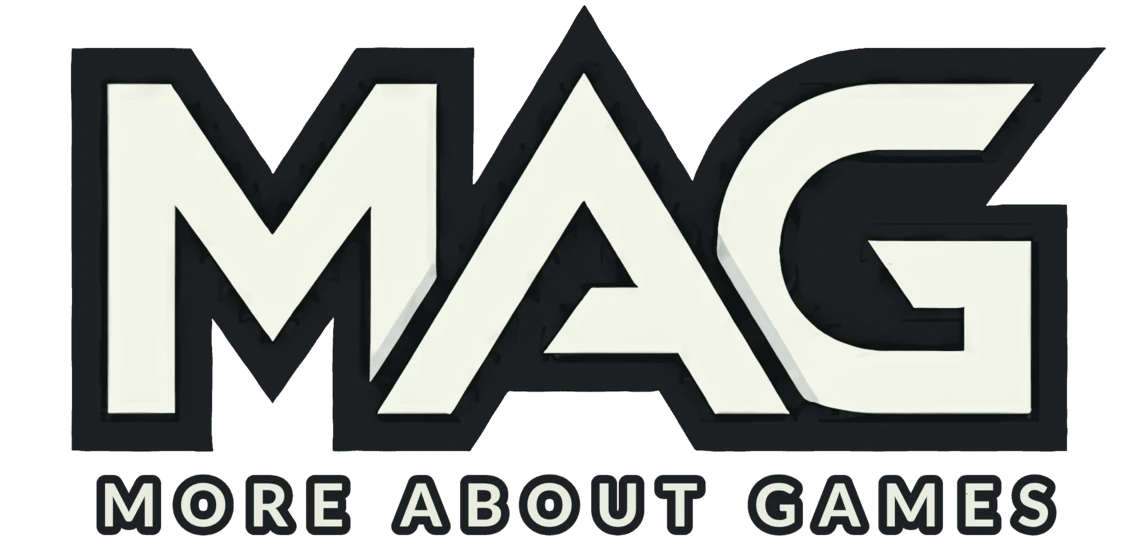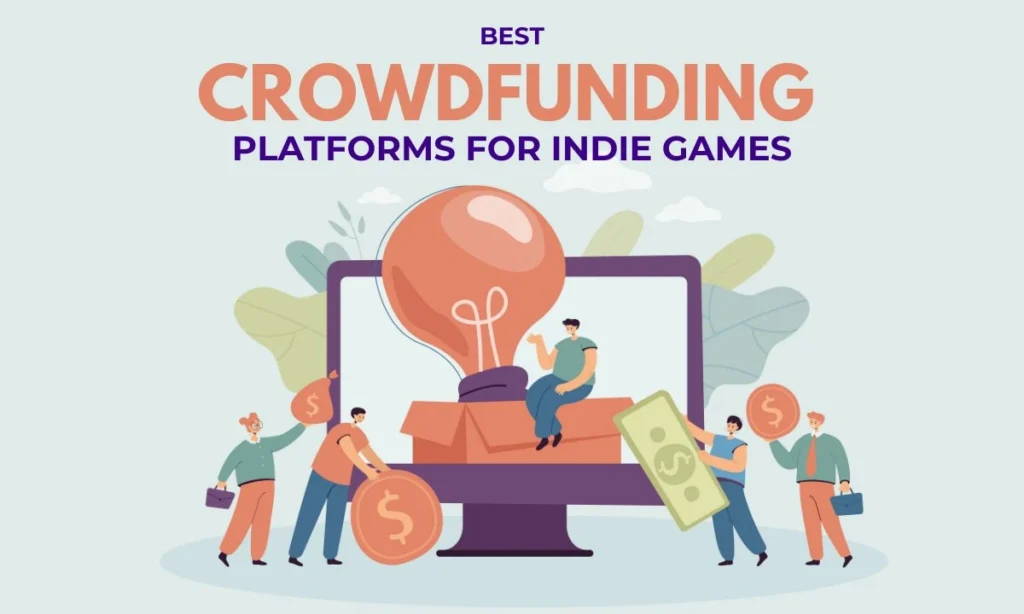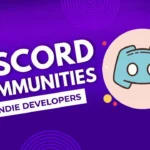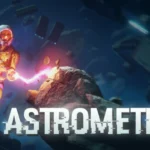Crowdfunding for indie games developers has become a vital method to secure funding and build a community around their projects. By engaging directly with potential players, developers can gather financial support and valuable feedback during the development process. This approach has led to the success of numerous indie games, highlighting the importance of understanding and utilizing crowdfunding platforms effectively.
Understanding Crowdfunding
What is Crowdfunding?
Crowdfunding is a method of raising funds by collecting small amounts of money from a large number of people, typically via the internet. In the context of indie games, developers present their game ideas to the public, who can choose to support the project financially. There are several models of crowdfunding:
- Donation-Based: Supporters give money without expecting any return.
- Reward-Based: Backers receive a product or service in return for their support.
- Equity-Based: Investors receive a share of the company in exchange for their investment.
- Subscription-Based: Supporters provide ongoing funding, often receiving continuous content or benefits.
Benefits of Using Crowdfunding Platforms for Indie Games
Crowdfunding offers several advantages for indie game developers:
- Access to Funding: Developers can raise money without relying on traditional investors or loans.
- Community Building: Engaging with backers helps build a dedicated fanbase early in the development process.
- Market Validation: A successful campaign indicates public interest and can attract additional opportunities.
Kickstarter
Kickstarter, established in 2009, is a prominent crowdfunding platform that has facilitated the funding of numerous creative projects, including indie games. It operates on an all-or-nothing funding model, meaning projects must reach their funding goals to receive any funds.
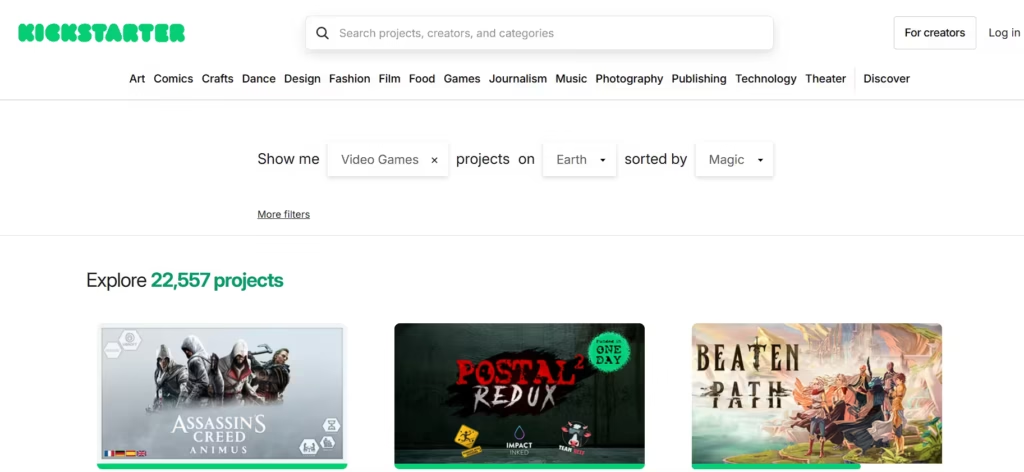
Unique Features:
- All-or-Nothing Funding Model: If a campaign does not meet its funding goal, no funds are collected from backers, reducing financial risk for both creators and supporters.
- Large Backer Community: Kickstarter’s extensive user base provides creators with access to a vast audience of potential backers.
- Project Dashboard: Offers creators detailed analytics and insights to monitor their campaign’s performance.
Notable Indie Game Projects Funded:
- “Shovel Knight” (2013): Raised over $311,000, significantly surpassing its initial goal of $75,000.
- “Hollow Knight” (2014): Raised over AU$ 57,000, exceeding its goal of AU$ 35,000.
- “Bloodstained: Ritual of the Night” (2015): Raised over $5.5 million, making it one of the highest-funded game projects on the platform.
Fee Structure and Funding Model:
- Platform Fee: 5% of the total funds raised (USA).
- Payment Processing Fee: Between 3% to 5%, depending on the pledge amount and location.
- Funding Model: All-or-nothing; if the funding goal is not met, backers are not charged, and the project does not receive any funds.
Indiegogo
Indiegogo, founded in 2008, is a global crowdfunding platform that supports a wide range of projects, including indie games. It offers both fixed and flexible funding options, allowing creators to choose the model that best suits their project’s needs.
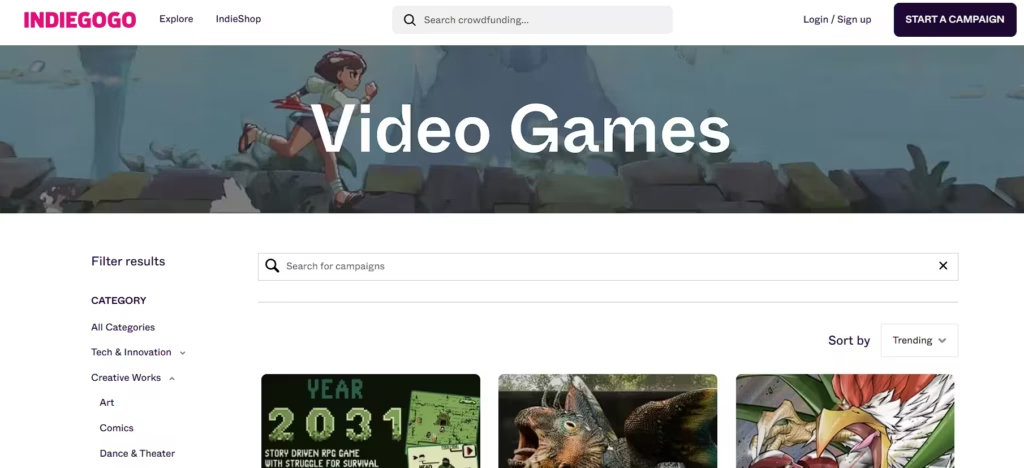
Unique Features:
- Flexible Funding Option: Allows creators to keep the funds raised even if the campaign does not meet its goal, providing more flexibility.
- InDemand: Enables successful campaigns to continue raising funds and engaging with backers after the initial campaign ends.
- Global Reach: Supports multiple currencies and languages, catering to an international audience.
Notable Indie Game Projects Funded:
“Indivisible” (2015): Raised over $1.9 million, surpassing its goal and leading to a successful release.
Fee Structure and Funding Model:
- Platform Fee: 5% of the total funds raised.
- Payment Processing Fee: Approximately 3%* plus $0.20 per transaction.
- Funding Models: Offers both fixed funding (all-or-nothing) and flexible funding (creators keep funds even if the goal is not met).
Fig
Fig, established in 2015, is a crowdfunding platform dedicated exclusively to video games. It offers both traditional reward-based crowdfunding and investment opportunities, allowing backers to potentially earn returns based on a game’s financial success. In April 2020, Fig was acquired by Republic, expanding its reach and resources.
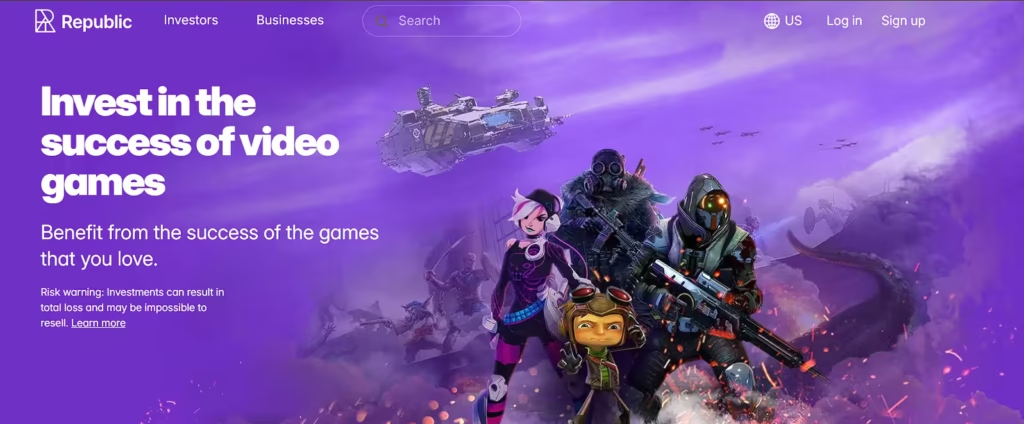
Unique Features:
- Investment Opportunities: Beyond standard rewards, Fig enables backers to invest in game projects, sharing in potential profits.
- Curated Projects: The platform focuses on a select number of game projects, providing personalized support and resources to developers.
- Developer-Friendly Terms: Fig offers favorable terms to developers, including assistance with marketing and distribution.
Notable Indie Game Projects Funded:
- “Psychonauts 2” (2015): Raised over $3.8 million, leading to the successful development and release of the game.
- “Wasteland 3” (2016): Raised over $3.1 million, contributing to the game’s development and release.
Fee Structure and Funding Model:
- Platform Fee: Fig charges a 5% fee on rewards-based funds.
- Payment Processing Fee: Standard payment processing fees apply, typically around 2.5% to 3% plus a per-transaction fee.
- Funding Model: Offers both reward-based crowdfunding and investment opportunities, allowing backers to choose their preferred method of support.
Itch.io
Itch.io, established in 2013, is an open marketplace for independent digital creators, with a strong focus on indie games. It provides a platform for developers to host, sell, and distribute their games directly to players.
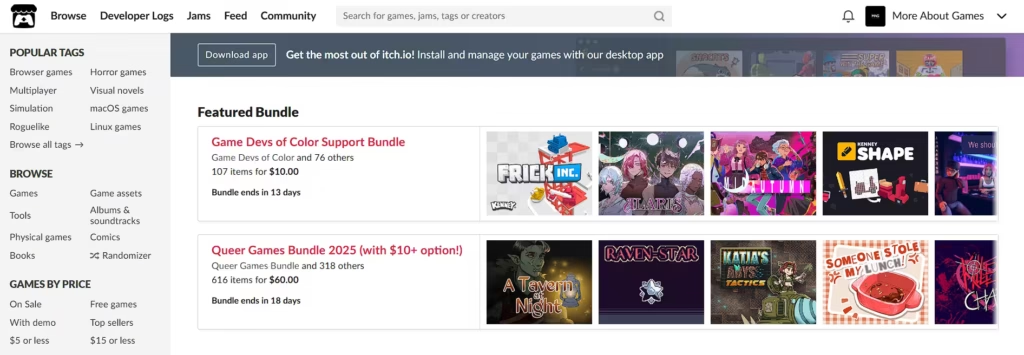
Unique Features:
- Flexible Revenue Sharing: Developers can set their own revenue share percentage with Itch.io, allowing for greater control over earnings.
- Open Marketplace: Encourages a diverse range of games, fostering a community of indie developers and players.
- Tools for Developers: Offers tools for game distribution, analytics, and community engagement.
Notable Indie Game Projects Funded:
- “Celeste” (2018): Initially released on Itch.io, gaining popularity before its full release and critical acclaim.
- “A Short Hike” (2019): Launched on Itch.io, receiving positive reviews and later expanding to other platforms.
Fee Structure and Funding Model:
- Platform Fee: Developers choose the percentage of revenue shared with Itch.io, with the default being 10%, but it can be adjusted to as low as 0%.
- Payment Processing Fee: Standard payment processing fees apply, varying based on the payment method and currency.
- Funding Model: Supports both free and paid games, with flexible pricing models, including pay-what-you-want options.
Gamefound
Gamefound, launched in 2016 by Awaken Realms, is a crowdfunding platform dedicated exclusively to tabletop games and accessories. Initially serving as a pledge manager, it expanded into a full-fledged crowdfunding platform to cater to the specific needs of the tabletop gaming community.

Unique Features:
- Integrated Pledge Manager: Gamefound offers a built-in pledge management system, streamlining the process for both creators and backers.
- Tailored Tools for Tabletop Games: The platform provides features specifically designed for tabletop game projects, such as modular components and add-ons.
- Community Engagement: Gamefound emphasizes community interaction, allowing creators to gather feedback and build a following before and during the campaign.
Notable Indie Game Projects Funded:
- “ISS Vanguard” (2021): Raised over $11 million, becoming one of the platform’s most successful campaigns.
Fee Structure and Funding Model:
- Platform Fee: Gamefound charges a 5% fee on the total funds raised.
- Payment Processing Fee: Approximately 3% plus $0.20 per transaction in project currency.
- Funding Model: Operates on an all-or-nothing basis; if the funding goal is not met, backers are not charged, and the project does not receive any funds.
Ulule
Ulule, established in 2010, is a European crowdfunding platform that supports a diverse range of projects, including creative and community-focused initiatives. It operates on an all-or-nothing funding model, ensuring that projects receive funds only if they reach their set goals.

Unique Features:
- Personalized Support: Ulule offers tailored coaching and guidance to project creators throughout their campaigns, enhancing the chances of success.
- Multilingual Platform: Supports multiple languages, catering to a diverse European audience.
- Community Engagement: Emphasizes building a community around projects, encouraging backers to become active participants.
Fee Structure and Funding Model:
- Platform Fee: Ulule charges a 5% commission on the total funds raised for successful projects.
- Payment Processing Fee: An additional 3% transaction fee applies.
- Funding Model: Operates on an all-or-nothing basis; if the funding goal is not met, backers are not charged, and the project does not receive any funds.
Game On Tabletop
Game On Tabletop, launched in 2017, is a crowdfunding platform specifically designed for tabletop games and role-playing games (RPGs). It was created by the team behind Black Book Editions, a French RPG publisher, to cater to the unique needs of the tabletop gaming community.
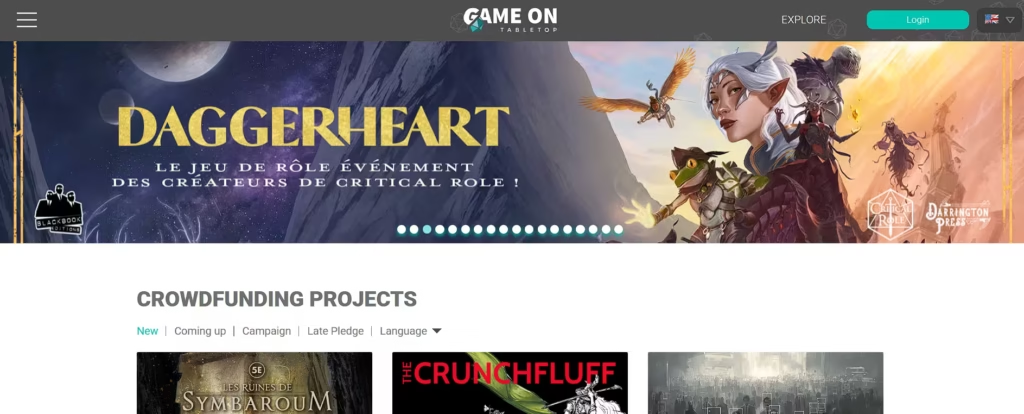
Unique Features:
- Integrated Pledge Manager: Offers a built-in pledge management system, streamlining the process for both creators and backers.
- Digital Fulfillment: Provides tools for delivering digital rewards directly to backers through their Game On accounts.
- Marketplace: Allows creators to sell their physical and digital games directly on the platform, creating an additional revenue stream.
Notable Indie Game Projects Funded:
- Chroniques Oubliées Fantasy 2 by Black Book Éditions: Collected €252, 715 from 1,310 backers, achieving 2,516% of the initial goal.
Fee Structure and Funding Model:
- Platform Fee: Charges a 5% commission on the total funds raised for crowdfunding campaigns.
- Payment Processing Fee: Additional payment transaction fees may apply, typically around 2% to 3%.
- Funding Model: Operates on an all-or-nothing basis; if the funding goal is not met, backers are not charged, and the project does not receive any funds.
Patreon
Patreon, established in 2013 by musician Jack Conte and developer Sam Yam, is a membership platform that enables creators to earn a sustainable income by providing exclusive content to their subscribers, known as patrons. It caters to a wide range of creators, including indie game developers, allowing them to receive ongoing support from their community.
Unique Features:
- Subscription-Based Funding: Creators receive recurring payments from patrons, providing a steady income stream.
- Tiered Rewards: Allows creators to offer different levels of rewards based on the subscription tier, enhancing patron engagement.
- Direct Creator-Patron Interaction: Facilitates a closer relationship between creators and their supporters through direct communication and exclusive updates.
Notable Indie Game Projects Funded:
- Dwarf Fortress: The developers receive ongoing support through Patreon, enabling continuous development and updates.
Fee Structure and Funding Model:
- Platform Fee: Patreon charges a fee ranging from 5% to 12% of the monthly income, depending on the plan chosen by the creator.
- Payment Processing Fee: Approximately 2.9% plus $0.30 per successful pledge for payments over $3; for payments of $3 or less, the fee is 5% plus $0.10 per successful pledge.
Patreon Funding Model: Subscription-based; creators receive monthly payments from patrons, providing a continuous funding source.
